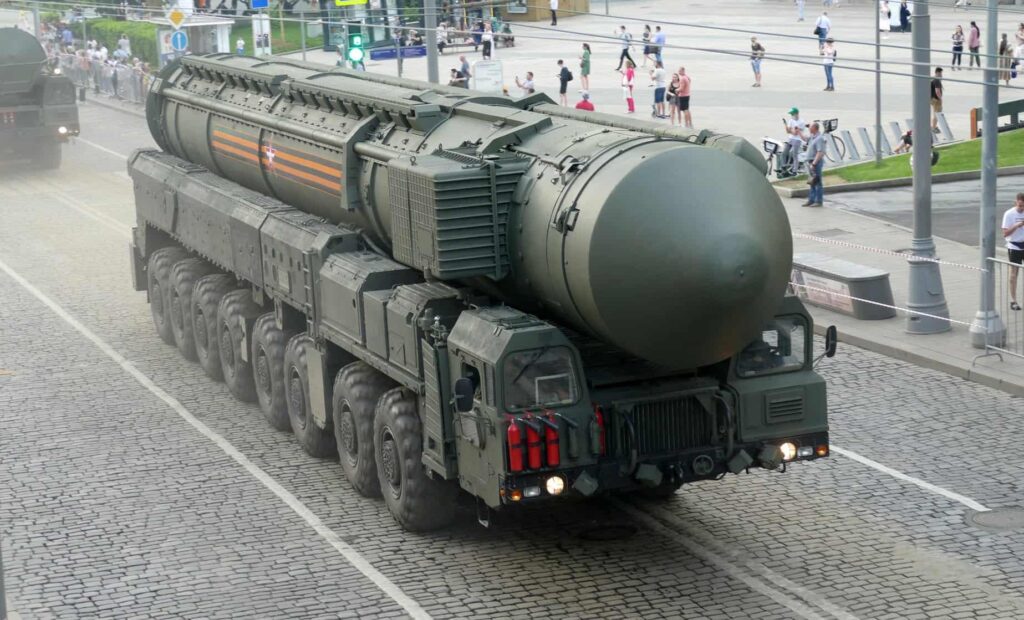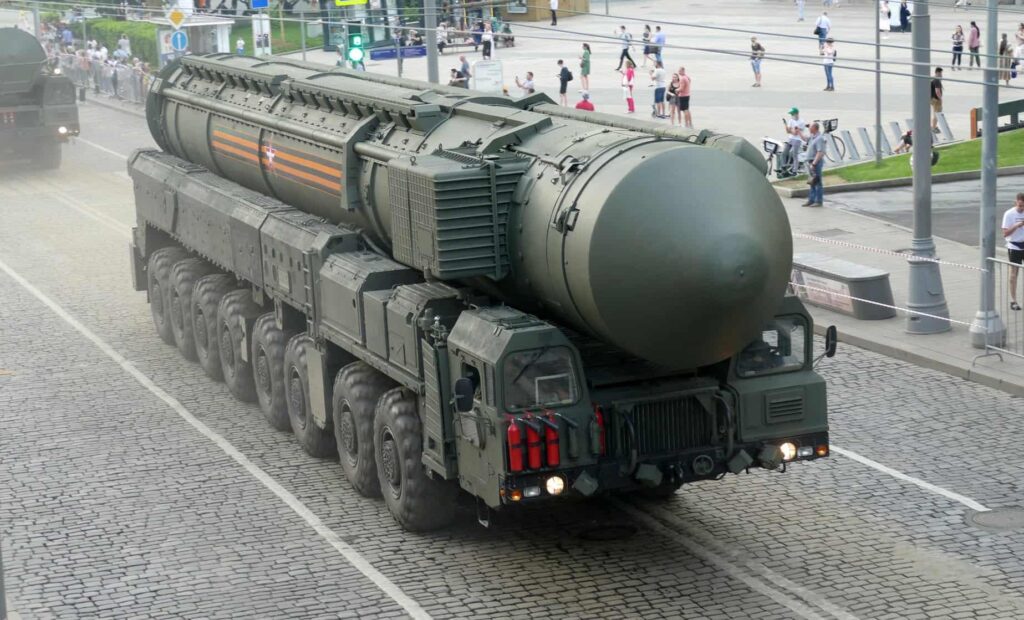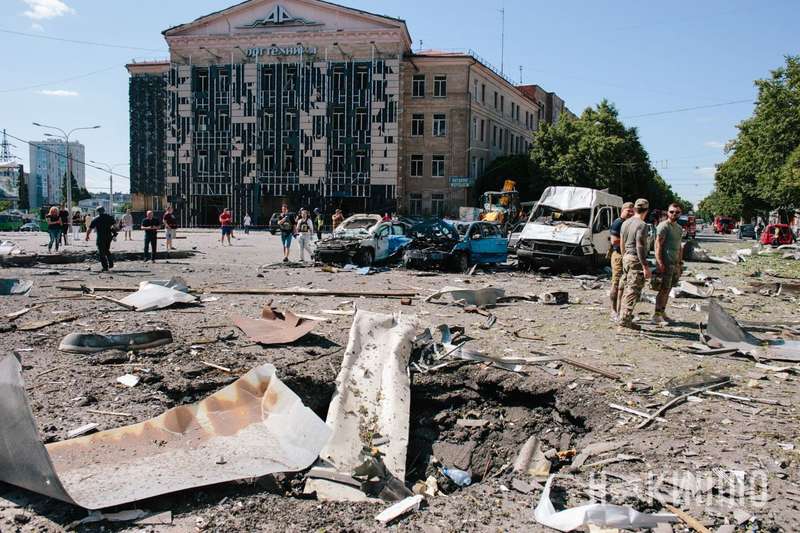Nuclear control is dying as superpowers answer each other with ICBMs: Putin’s Yars meets America’s Minuteman III

The era of nuclear arms reduction is officially over. The world is returning to a trend of expanding nuclear arsenals, intensifying nuclear rhetoric, and abandoning arms control agreements, says Hans Kristensen, Associate Senior Researcher at the Stockholm International Peace Research Institute’s (SIPRI) Weapons of Mass Destruction Program, per Newsweek.
According to Kristensen, the world is witnessing the growth of nuclear stockpiles, the escalation of rhetoric, and the rejection of arms control.
The US launches Minuteman III after Russian military drills
In recent weeks, the US has conducted a test launch of a Minuteman III intercontinental ballistic missile, without a warhead, but with a clear political message.
The test was a response to recent Russian military drills, which took place after the collapse of the planned US President Donald Trump– Russian President Vladimir Putin meeting in Budapest regarding the war in Ukraine. Russia has not demonstrated readiness to make concessions or even discuss compromise conditions to end hostilities.
The US military said the purpose of the launch was to evaluate the reliability, readiness, and accuracy of the weapon system.
The Kremlin starts with a “Yars” launch
Before the American Minuteman III was launched, Russia launched a Yars intercontinental ballistic missile from the Plesetsk Cosmodrome, which hit its target at the Kura range in Kamchatka.
The Kremlin stated that the exercise aimed to test the readiness of its military command structures. Putin personally observed the process.
Following the tests, Trump stated that he could work on denuclearization with Russia and China, but acknowledged that both countries could catch up to the US within four to five years.
China, the US, and Russia form a new nuclear triad
All three nuclear powers — China, the United States, and Russia — now possess a complete nuclear triad: intercontinental missiles, ballistic missile submarines, and nuclear-capable aircraft. This ensures that each has the ability to deliver a retaliatory strike, even after sustaining an initial attack.
It remains unclear whether Beijing or Moscow will respond with new tests. One thing is clear: the world has entered a phase of dangerous nuclear modernization.












